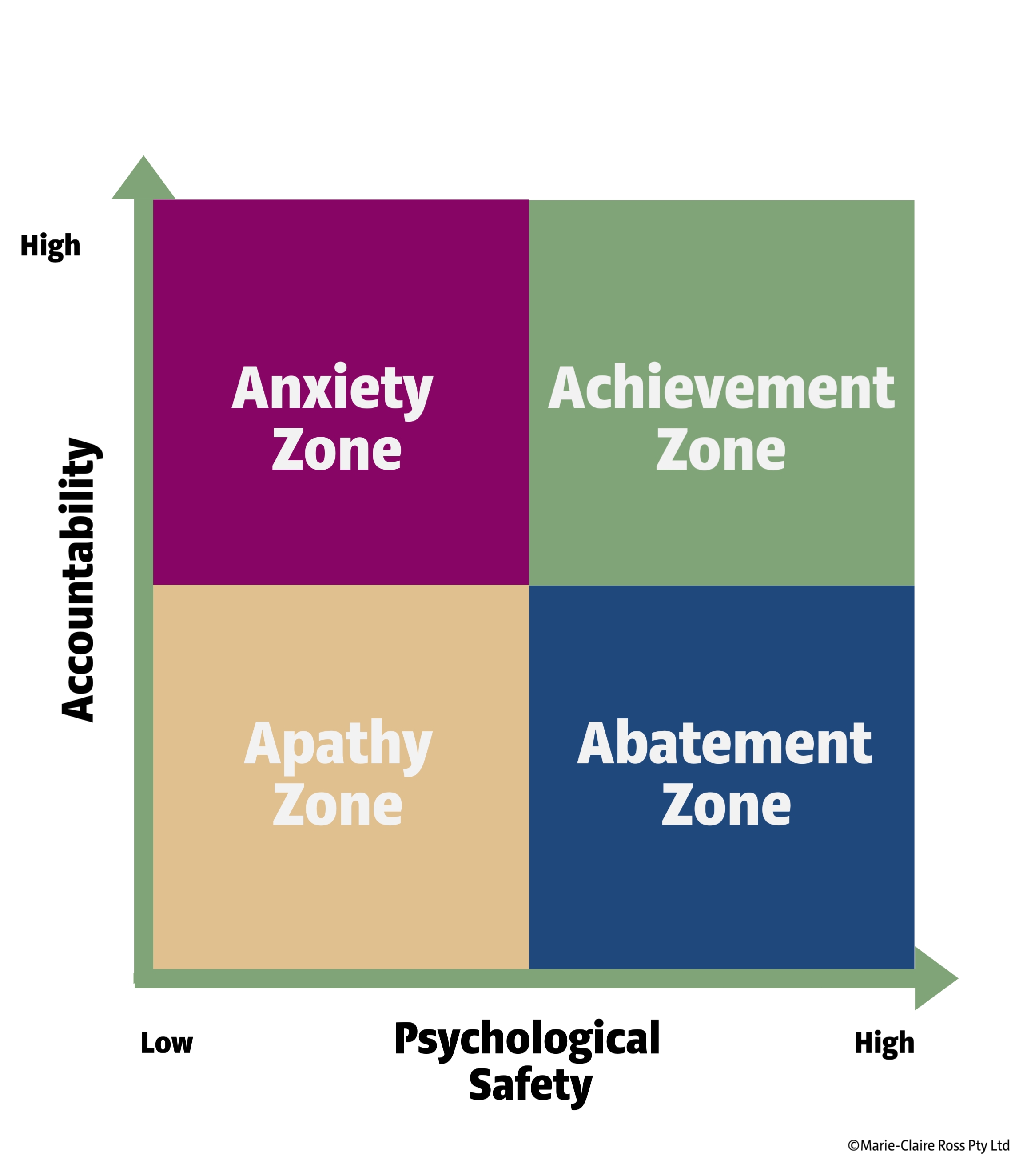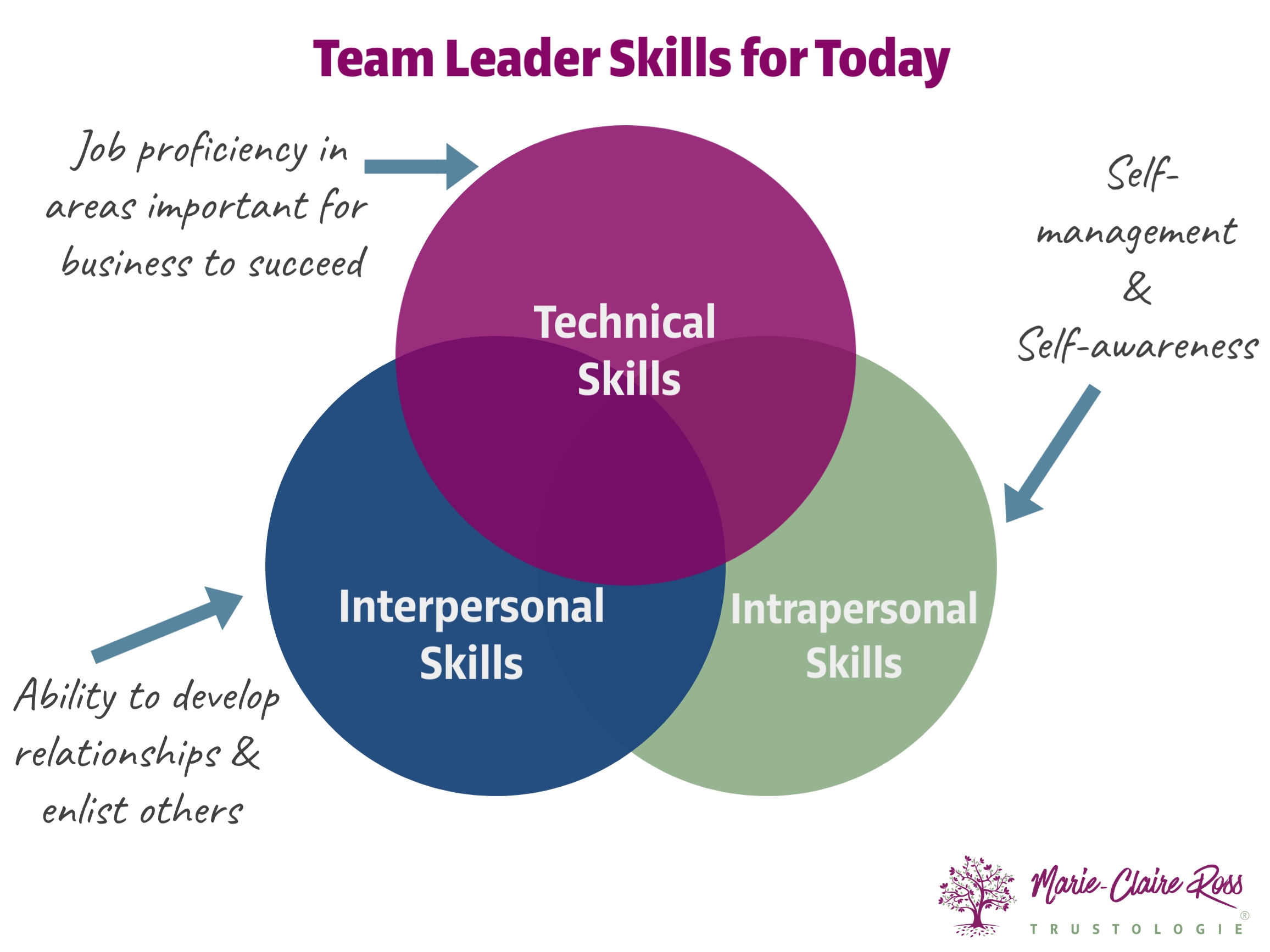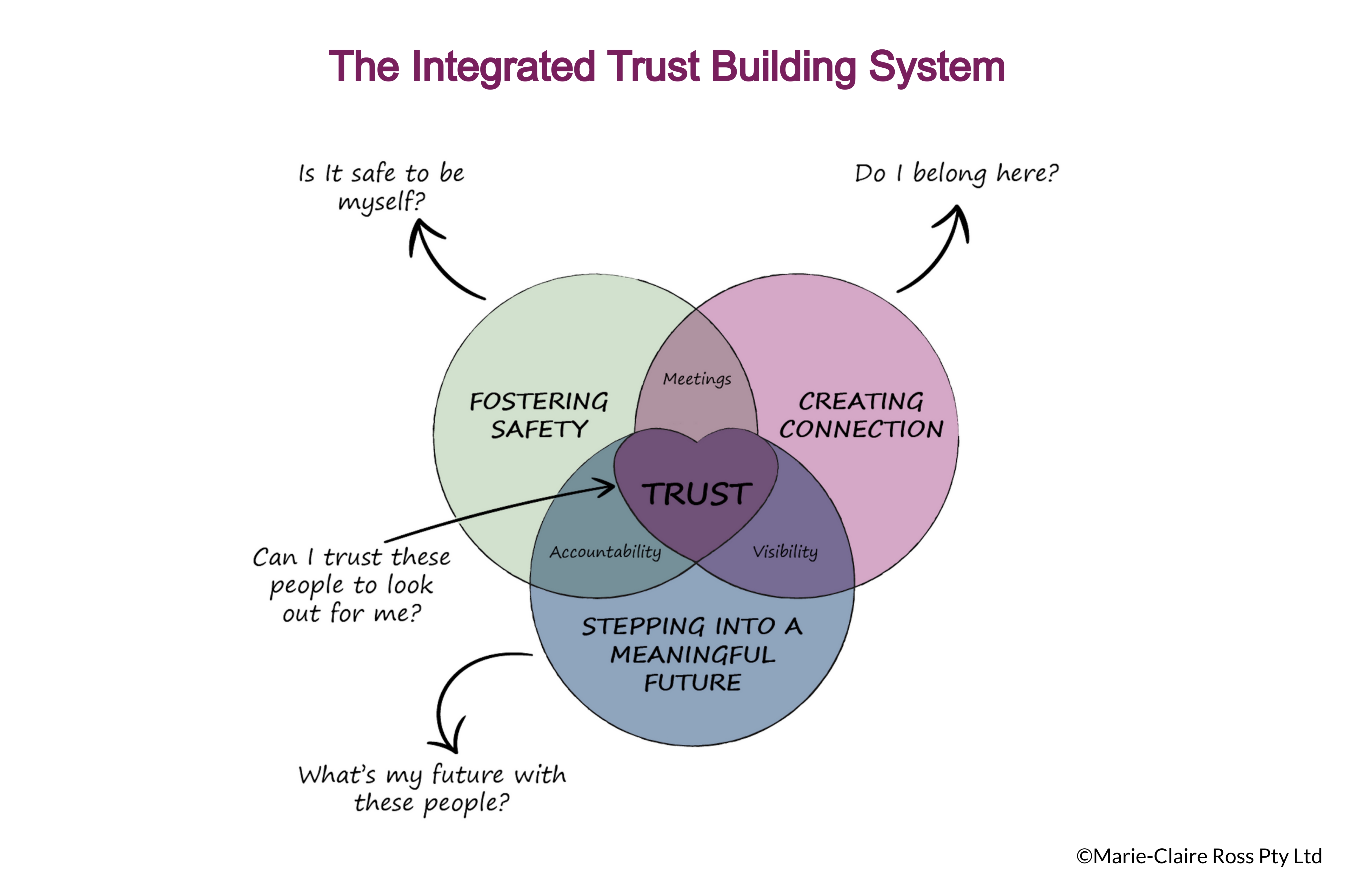
9 min read
4 Essential Strategies High Performers crave To Thrive in their Team
High performers are the backbone of any successful organisation. Understanding how to harness their potential can elevate your entire team's performance to new heights.
Read More

















